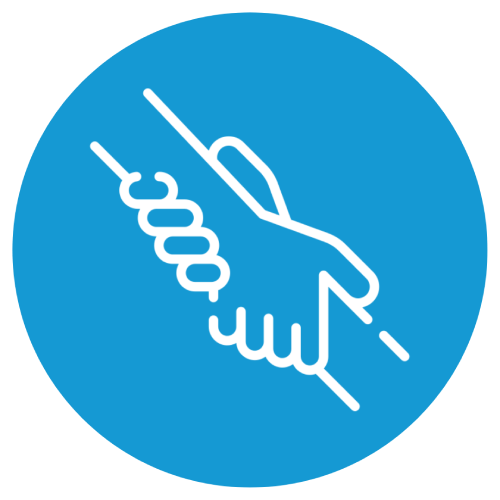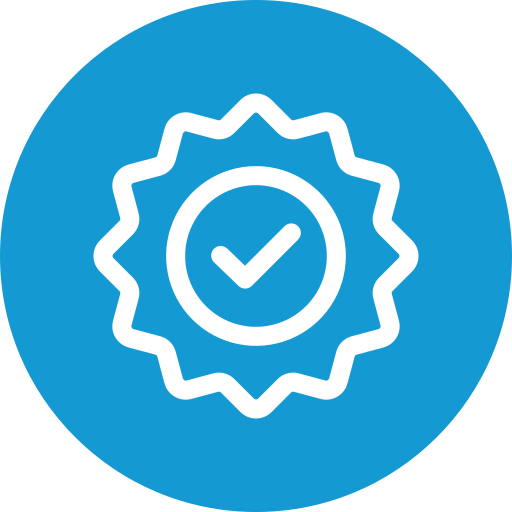
Opioid Addiction Treatment

Outpatient Treatment for Opioid Use Disorder
Opiate addiction is a life-threatening disease. Our goal is to provide treatment for this disease that is safe, effective, and easy. At MAT Texas you will get treatment for the 3 components of addiction — medical, psychological, and emotional. You will have a treatment team of nurses, physicians, and counselors to support you mentally and physically and give you the tools and medication you need to recover. Long term success in recovery is possible and it doesn’t have to be difficult or painful.


Our Process
Your treatment journey begins with a thorough evaluation, including learning your story. Your individual treatment plan will be created with your needs and goals in mind. As you travel through the plan, you will be respected, supported, and encouraged, and when you achieve success, we will be happy to see you move on to the next chapter of your life — drug free.

Medications We Use
Start Your
Recovery Journey Today
Methadone is a medication approved by the Food and Drug Administration (FDA) to treat opioid use disorder (OUD) as a medication-assisted treatment (MAT), as well as for pain management. Methadone helps individuals achieve and sustain recovery from substance use disorder and reclaim active and meaningful lives. When taken as prescribed, methadone is safe and effective. Methadone, a long-acting opioid agonist, reduces opioid craving and withdrawal and blunts or blocks the effects of opioids. Methadone, taken daily, is available in liquid, powder, and diskette forms.
Naloxone is a medication approved by the Food and Drug Administration (FDA) designed to rapidly reverse opioid overdose. It is an opioid antagonist—meaning that it binds to opioid receptors and can reverse and block the effects of other opioids, such as heroin, morphine, and oxycodone. Administered when a patient is showing signs of opioid overdose, naloxone is a temporary treatment and its effects do not last long. Therefore, it is critical to obtain medical intervention as soon as possible after administering/receiving naloxone.



